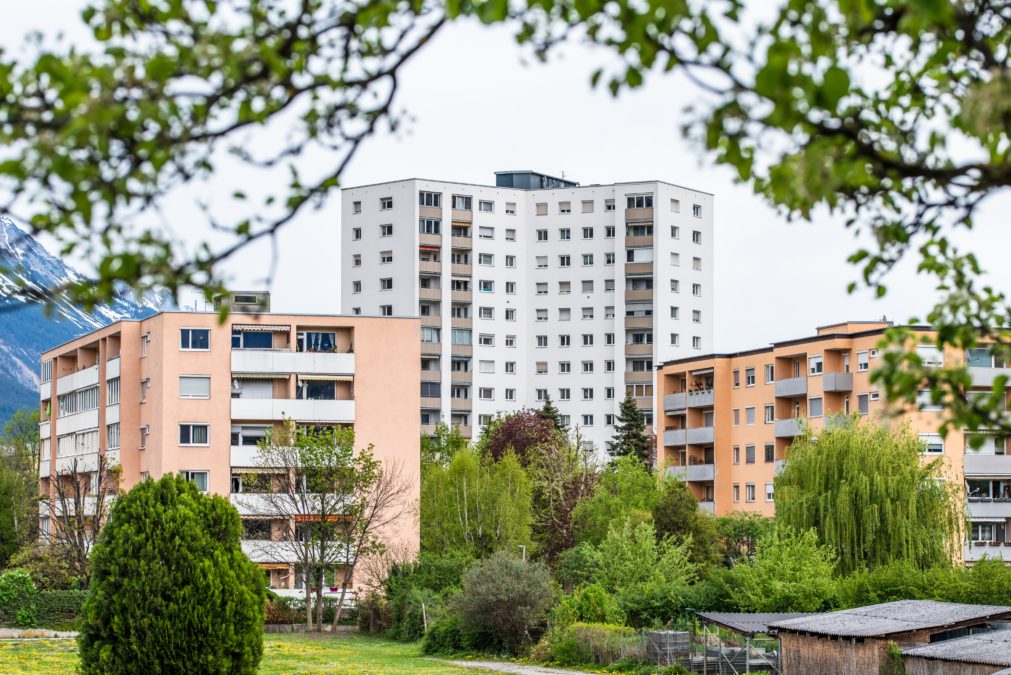Can Net Zero Carbon Housing Be Affordable? It’s Possible
Access to housing is an essential need. As we move towards a net zero emissions future, the intersection of affordability and net zero is becoming ever more important. If we are to succeed in building a sustainable future, green homes must become easily accessible to the majority of the population. After all, sustainability is about the balance between the environment, the economy and people.
And yet local governments and developers seemingly face a conundrum – build green or build affordably?
The United Kingdom has committed to net zero emissions by 2050. To achieve this, it will need to address the built environment, which accounts for 20 percent of the UK’s emissions. Simultaneously, major cities throughout the country struggle to ensure housing is affordable. In London, for example, the average house price is 15 times the national average salary.
This issue is not limited to the UK. In 2018, around 4.3 percent of the population in the European Union (EU) faced severe housing deprivation. The statistics also indicate that a high percentage of the population in the EU pays more the 40 percent of their income on rent. Outside of Europe, many countries face severe housing shortages. In Nigeria alone, the shortfall is estimated to be 20 million housing units. Only 7 percent of Nigerians can buy affordable housing, meaning over 64 million people in the country are unable to buy a house.
Net zero carbon housing is a solution to two problems of everyday life: affordable housing and sustainability. It is time we reframed the conversation and realised that for a sustainable future, the two concepts cannot be at odds.
So how do we make net zero homes and ensure they are affordable?
Education
There is still a perception in the market that building green is expensive, and a luxury good. We can build net zero homes affordably, but we have to break the mindset among developers, governments and homeowners alike, that it is an impossible task. Research from IFC has shown that the incremental cost of building green homes is on average under $200 per unit in most regions of the world. At the same time, we are seeing the rise of green social housing around the world from Colombia to Turkey to Vietnam. How can we stand here and say that we can’t build green affordably when so many countries are proving it is possible?
Accessible Tools
Understanding how to build green can be a barrier to entry. Developers and local governments that typically are in charge of building affordable homes may not have access to the education and tools needed to design buildings sustainably. Tools like the EDGE App democratise access to information and lay out a clear pathway of how to build net zero homes and retrofit existing buildings. The information provided in the software can help all stakeholders in the industry understand what efficiency measures are available to implement, as well as the efficiency savings, incremental cost and the return on investment.
Forward Thinking
Companies like Etopia are proving that it is possible to think outside the box and make net zero a reality in the UK and around the world. By connecting energy, construction and intelligent technologies, Etopia is revolutionising the built environment and providing affordable, sustainable housing at scale. They have mastered the affordability of the system by securing a strong core supply chain and finding economies of scale, as well as ensuring control over manufacturing of construction and intelligent technologies. Etopia’s housing units achieve 39 percent carbon savings over a traditional build, save on average 163 tonnes of carbon over a lifetime of 25 years on a single home, and can be constructed within 3 days.
Strong Incentives
We still need to see policy incentives to drive the net zero transition. Front runners drive the market but ultimately policy must catch up. Government can lead by example through public buildings and ensure social housing is net zero, and also to create the incentives in place and ensure nobody is left behind in this transition. Part of the problem is that there is a lack of common language and metrics within the industry, which can make it confusing. Through standardisation, a common standard, appropriate regulation and a common language on metrics, the policy barriers can be reduced and drive change in the industry.
The transition to net zero carbon emissions is no easy task. Adding affordability and accessibility into the equation makes this a potential headscratcher. But it’s not an impossible task, and if anything, it’s an opportunity for the real estate industry to really evaluate the way of doing business.
To find out more on this topic, access the webinar we delivered for London Climate Action Week “Can Net Zero Homes Be Affordable?” with the World Green Building Council, the UK Business Council for Sustainable Development and Etopia.





